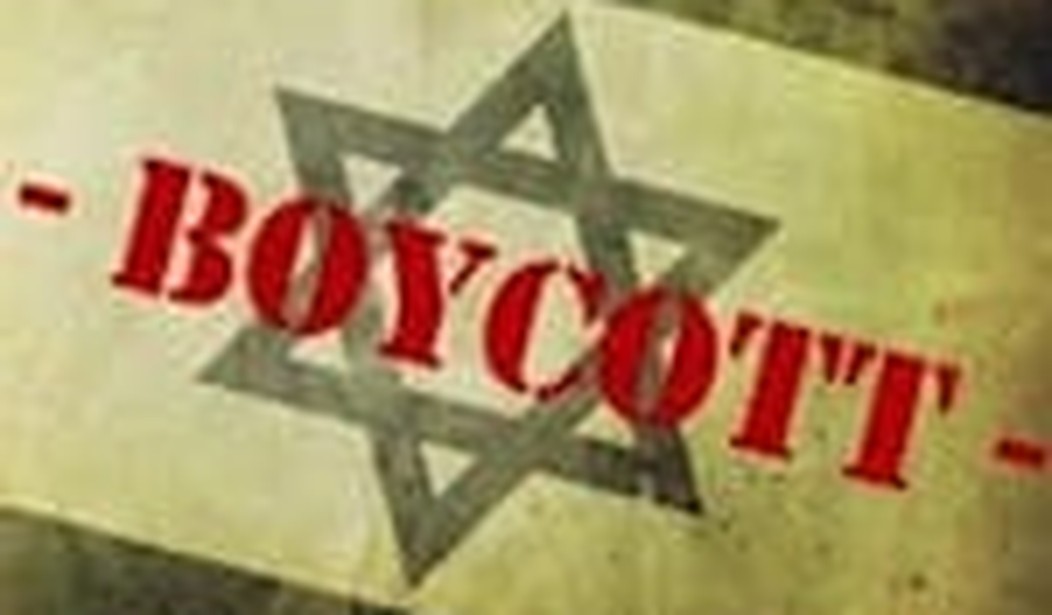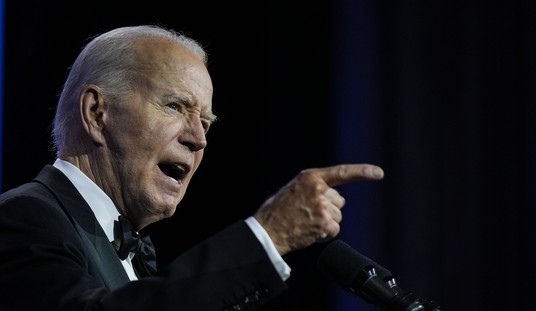On August 11, 2012, delegates from across Canada gathered at the United Church of Canada’s (UCC) 41st General Council in Ottawa. The General Council is a triennial meeting of the largest Protestant denomination in Canada, a denomination also widely considered the most liberal of the mainline Protestant denominations in the Great White North. Unfortunately, as has been the case in some American churches, the gathering affords an opportunity for a small group of “boycott, divestment, sanctions” activists within the UCC to yet again make their move.
The UCC and the Canadian Jewish community have had a complex and difficult relationship regarding Israel. In 2006, a proposal calling for the support of BDS against Israel was presented to the UCC’s General Council. Through representations by the Canadian Jewish Congress (CJC), the proposal that was eventually accepted by the General Council was more balanced and included among several positive elements the recognition of Israel’s right to exist as a Jewish state.
In 2009, a number of anti-Israel proposals came before the General Council, including a call for academic and cultural boycotts of Israel. As a result of significant work by the CJC and related agencies, these proposals were rejected by UCC delegates and the General Council went so far as to repudiate the language of the documents. However, the 2009 General Council did encourage individual congregations and local/regional church entities to consider strategies to “move the two peoples toward reconciliation (including but not limited to economic boycott).”
At the 2012 General Council, the Israel/Palestine issue is on the agenda yet again. Delegates will decide whether to adopt the recommendations of the Church’s Working Group on Israel/Palestine Policy. (The recommendations are included in a report which can be read in full here.)
The report contains certain praiseworthy elements: an unqualified recognition of Israel’s right to exist; the recognition that criticism of that right to exist manifests a new strain of anti-Semitism; and recognition that Natan Sharansky’s famous “3D Test” is one way of gauging whether criticism of Israel has crossed that line.
However, the majority of the report contains deeply troubling elements that reflect a distorted narrative and a serious misunderstanding of history. Stated briefly, these elements include asserting a moral equivalence between the Holocaust and the challenges faced by Palestinians (since removed from the report); a bizarre section that expresses “regret” for the past policy of calling on the Palestinians to recognize Israel as a Jewish state; and the false assertion that Israel’s occupation of the West Bank and the presence of settlements are the root cause of the conflict.
Added to this is the fact that virtually no responsibilities are placed on the Palestinians to participate in or contribute to the peace process (other than a faint call for all parties to reject violence), and the implication that Israel’s existence stems from the Holocaust (rather than nearly one hundred years of legal recognition rooted in the Balfour Declaration).
The conclusion? The report sums up by stating that the United Church should give “high priority” to a Church-wide boycott of products from Israeli settlements. This is premised on the view that Israel’s presence in the West Bank is “the primary contributor to the injustice that underlies the violence of the region.”
For their part, Hamas and Hezbollah don’t seem to be decisive factors: the words simply do not appear in the report. Also omitted is Israel’s painful 2005 removal of some 8,500 settlers from Gaza, as well as the evacuation of approximately 3,000 settlers from the Sinai in 1982 (referred to by the report in passing, but with no mention of settlements).
It’s telling that these points didn’t make it into a report that mentions the term “settlements” 54 times.
These are not trivial points. Any report which considers the West Bank occupation the crux of regional violence and calls for a boycott of settlements cannot omit Israel’s record of withdrawing settlements for peace and remain a credible document. Moreover, doing so is to reject the essential lesson of history to be found in the two major withdrawals of settlements. While the Sinai withdrawal (the result of a signed treaty with Egypt) has led to peace, the Gaza withdrawal (with no signed agreement) has since seen thousands of missiles landing on southern Israel. Are the settlements an issue that needs to be addressed in a negotiated peace deal? Absolutely. But they are not the source of the conflict: when they are removed without a peace agreement in place, the conflict continues.
The overall tone of the report is destructive to the relationship between the United Church and the Jewish community in Canada (a Jewish community, I might add, that is not monolithic in its views on a range of issues — including settlements — but that is very much united in its opposition to such boycotts). Indeed, such a policy would damage the UCC’s reputation as a reasonable voice for peace, moderation, and fairness when it comes to this issue. To that end, many members of the UCC have spoken out against the report: the Reverend Andrew Love appeared on Sun News to speak on the issue; there are counter-petitions at sites such as Faithful Witness; and a group of nine Conservative and Liberal senators who are all UCC members have sent an open letter to the moderator of the UCC to denounce any boycott of Israel.
At a minimum, the Church should promote those passages of the report that offer the opportunity to invest for peace and to support the growth of the Palestinian economy, and remove those recommendations that attempt to impose punitive measures upon the Jewish state through economic coercion. Regardless of what it is called, such “economic action” amounts to nothing less than a boycott. Better still, the General Council should set aside the Report of the Working Group on Israel/Palestine Policy in the interest of continuing and enhancing the longstanding relationship that has existed between the United Church and the Canadian Jewish community.









Join the conversation as a VIP Member